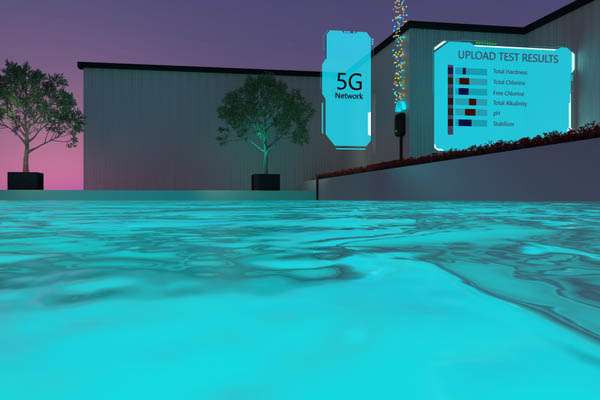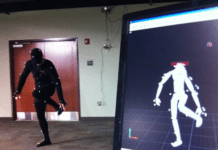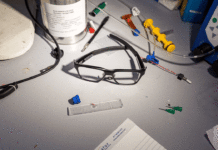
O2 recently announced that it has plans to use 5G technology as part of their brand. It seems like they are pushing forward with this initiative. The company is collaborating with Northumbrian Water in a bid to demonstrate that 5G is not only about faster speeds but also about improving productivity in businesses. Working alongside Ericsson, O2 is building a private network installation to power the trials with Northumbrian Water. Before moving on to other possibilities, a series of key areas will be tackled.
One of the main areas is through AR technology where engineers can help less experience employees remotely. This will be done via augmented reality glasses that will transfer live information and data through real-time. This type of technology is crucial in remote areas of the country, especially in particular areas in Northumbria. The perils of bad weather have been known to slow down repair work. By enabling less than experienced employees to gain access to people with more knowledge than they have, they can then complete the necessary tasks in the allotted amount of time, if not faster.
Augmented reality will also be used similarly to find buried assets to make the engineers’ job so much easier. They can then detect and manage potential hazards in real-time rather than depending on traditional methods. Sometimes engineers are tasked with the job of tracking areas across 47,000km of water mains, pipes, and conduits in Northumbria. Besides using AR technology, Northumbrian Water will be working with O2 to manage its geographic information systems (GIS) database through 5G technology. This will save the need for WiFi and should help engineers to become more mobile when on the move.

These changes are not only aimed at employees and stakeholders of O2 and Northumbria Water. It is also aimed at the consumer so that they can have a better grasp of their own water supply situation. There will be a water maintenance app that will allow the consumer to monitor the water supply in real-time. They can also then detect any issues before they develop further. If the user lives remotely, it could be conducted together with the aforementioned work with augmented reality. It could potentially not only save users on their bills but it could also save water in the long run if users report problems on time.
Water has become scarce in many parts of the world and many countries are already experiencing drought. It is never a bad idea to be more considerate when using water and this is exactly why Northumbrian Water and O2 have put all these measures in place. In a time where everyone is watching their carbon footprint, it would seem as if 5G technology could not have arrived at a better time to make the job easier for its users. It could go a long way in improving the sustainability of these measures.






















